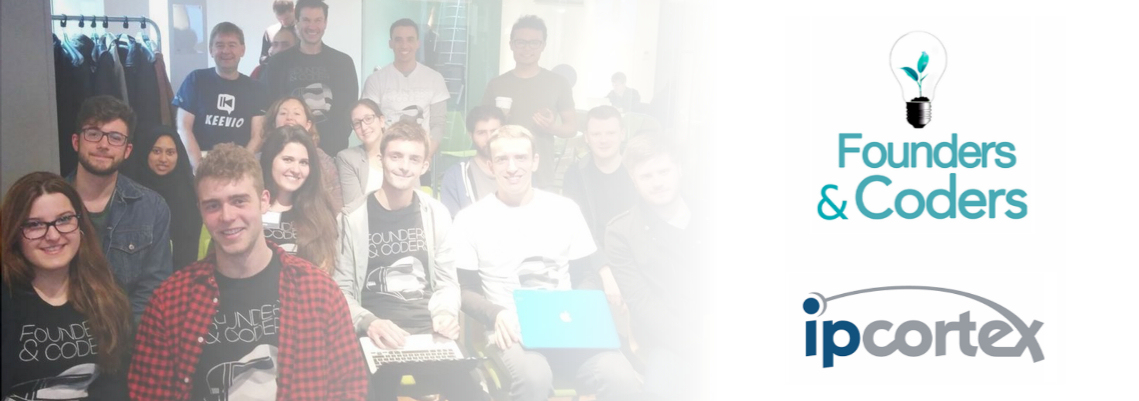WebRTC hacks for social benefit
Last week I explained how we at IPCortex were working with a social enterprise called Founders and Coders to use WebRTC to help solve some social challenges.
The plan was to introduce the ambitious FAC team (16 trainee Javascript developers), to WebRTC via a week long workshop. We’d then support them in using the IPCortex API to quickly put together proof of concept applications for other social enterprises. Afterwards, we’d demo it together at TADHack, the go-to event for devs pushing the boundaries of WebRTC.
TADHack was last weekend and I’m proud to be able to share more about the application we developed, called Confidant, and what we learned during the process.
Developing an idea
The idea we selected comes from a real life requirement brought to us by a charity and an NHS Trust. Their aim was to enhance the provision of youth mental health counselling services remotely: an idea that demonstrates the feasibility of using WebRTC to provide better access to support services. They’d use a community of volunteers on related university courses to provide supervised mentoring services – with the mentors receiving credit for professional experience gained by volunteering their time.
The original intention was to split the development team up and do several different smaller scale hacks. However, the use case for Confidant was very tangible and so well thought out that it immediately caught the team’s imagination. They were excited about making a real difference and decided they wanted to work as one team to deliver the best possible proof of concept hack in the time available.
From zero to demo in 7 days flat
By the time we got to talking about the hack we’d been working with the Founders and Coders students in the WebRTC workshop for a couple of days. I’d seen them working individually or in small groups on some basic WebRTC practical exercises, but wasn’t sure how a huge project with 16 student developers, all working to deliver one application, was going to work. To add to the challenge, they mostly work in React, a technology about which I knew nearly nothing before this week. It looked like I would be learning a lot too.
What came next was a big surprise. Just to recap, this was a team of 16 trainee developers who are about 12 weeks in on an intensive Javascript course. This was their first taste of the real time web and telecoms APIs, and I think also the first time they had worked on a project of this magnitude in a large team. They pretty much immediately, and with no externally obvious single point of leadership, organised themselves into a couple of sub-teams to analyse the requirements and map user journeys for the mentor and client respectively.
The sub teams then presented their results back and a working priority feature list and realistic plan of what was feasible in a couple of days development was quickly produced. A git repository and wiki were there from the start to share information and track issues from the requirements analysis stage. This was by far the most professional hack development process I have ever seen!
Three incredibly intense days later they presented Confidant together at TADHack (video at the bottom of this post). I had the opportunity to present with them about the whole process at the WebRTC Global Summit on Monday, and the positive feedback was overwhelming. You can read a bit more in the Prezi I created for the session.
The next step is to present the application back to the charity customer, and hopefully find some buy-in and resources to start work on taking it a minimum viable product, so that it can be deployed as a pilot to see how it works in real life.
Overall it’s been a fascinating process. We’re delighted to have had the opportunity to use WebRTC for social good and hopefully do our bit to help improve mental health services for young people.
Rob Pickering is CEO of communications company IPCortex and is a good friend of this blog.
Loads of other WebRTC posts here.
